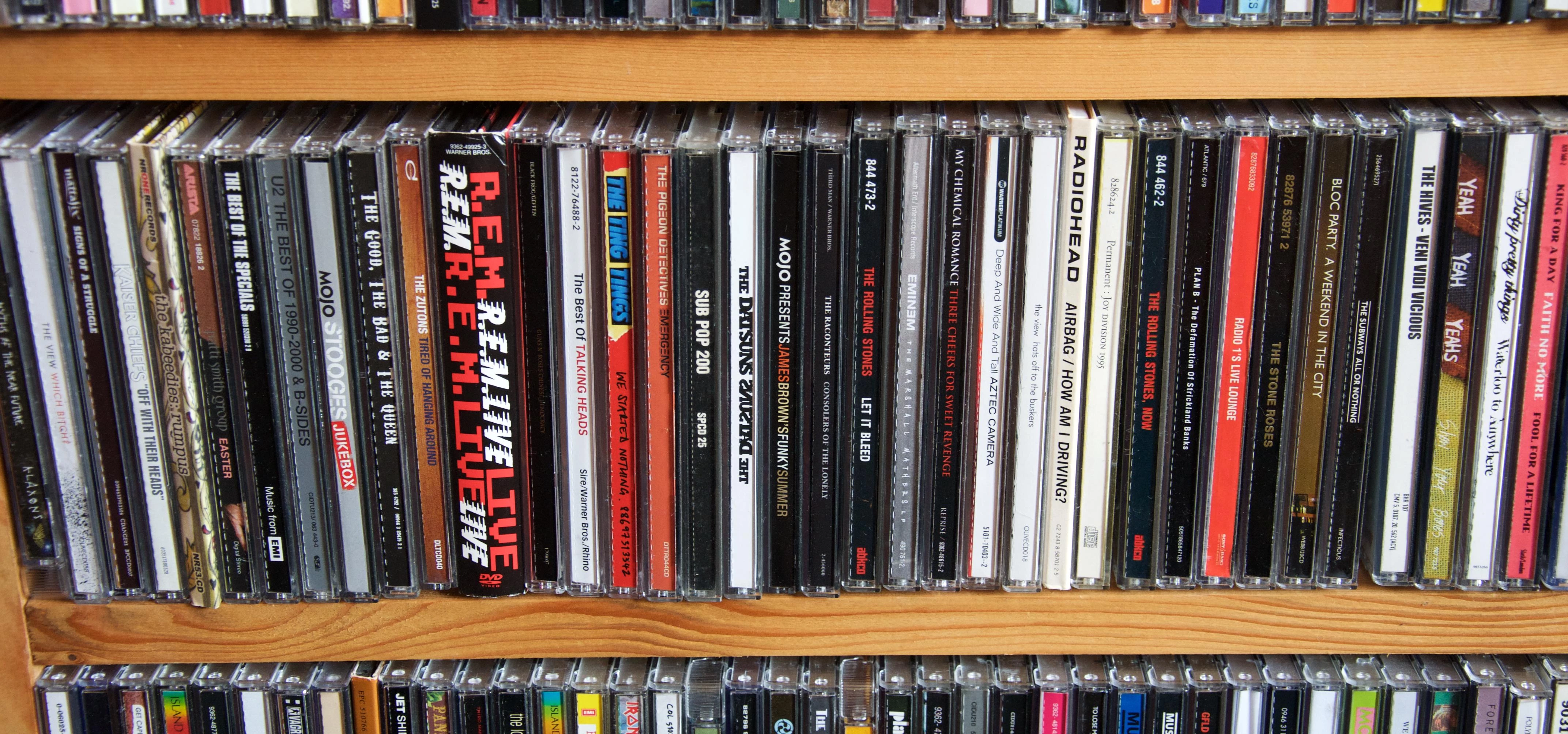
Partner Article
Are you playing music legally?
By now, you are bound to have seen the latest advert from PRS for Music. It’s the commercial often played ahead of a film at a cinema, which starts in a barber shop and proceeds to cover locations ranging from clothes stores and bars to offices and jewellers, with one catchy beat featuring throughout.
There is an underlying message that is presented in the advert though — music licences are a legal requirement for a wide variety of organisations. To make sure you are abiding by the rules, specialist PA system installers GPS Installations has produced this guide:
How did a music licence come about?
The law around the music licence is tied into the Copyright, Designs and Patents Act 1988. Within this document, it is stated that anyone who makes use of copyright music in public has to first obtain the permission of every writer and composer for the music they intend to play.
Will my business need a music licence?
Public performances cover a wide variety of scenarios, including music being played through a computer’s speakers, on a CD player, via a MP3, on TV, by tuning into a radio station or at a live event.
PRS for Music also represents around 10 million songs from every genre imaginable, so there is a good chance that the music you’re playing at your place of work will be in the collecting society’s repertoire.
Take note as well that music for businesses takes into account all of these fields in some shape or form:
- Charity and community buildings.
- Cinema complexes.
- Clubs (whether a social, members or night club).
- Educational establishments.
- Exhibitions.
- Hair and beauty organisations (capturing both salons and spas).
- Health practices.
- Hotels, guesthouses and B&Bs.
- Fitness, leisure and sport facilities.
- Mobile businesses.
- Music played when customers are put on hold during a call.
- Offices and factories.
- Pubs and bars.
- Restaurants and cafes.
- Shops and retail stores.
- Sports grounds and stadia.
- Across transport businesses.
Click here to visit the PRS for Music site and learn more about music licences tied into each of these sectors.
Are there any exceptions?
There are some circumstances when a music licence provided by PRS for Music is not applicable. This includes:
Music deemed ‘copyright free’ — this is where the music is in copyright but the rightsholder has deemed that a user does not need to obtain any additional licence.
- Copyright music whereby the rightsholder has not assigned or licenced the performing rights — in these cases, businesses will need to obtain permission directly from the rightsholder in order to make use of the music in question. Alternatively, the rightsholder may have provided the licence required to the music service provider, and this will be the place to contact.
- Music out of copyright — in this circumstance, you can often find the arrangement around the use of the music on the musical score, or alongside the music recorded that has been purchased.
- Music specially written for dramatic performances — Ballets, musicals and operas usually come under this banner and the permission to use the music will need to be requested directly from the rightsholder.
I need a music licence — how much does this cost?
Unfortunately, there is no clear answer to this question. PRS for Music provides in excess of 40 different tariffs, that delve into a wide range of ways that business play music to their customers.
This has been done as a way of ensuring that the collecting society only ever provides licensing tariffs which are fair to the rightsholder and the music user alike.
Due to the complexity of the tariffs though, we advise that you check out the PRS for Music site. There, you will be able to accurately locate the right licence for your needs.
This was posted in Bdaily's Members' News section by GPS Installations .
Enjoy the read? Get Bdaily delivered.
Sign up to receive our popular morning National email for free.








 £100,000 milestone drives forward STEM work
£100,000 milestone drives forward STEM work
 Restoring confidence for the economic road ahead
Restoring confidence for the economic road ahead
 Ready to scale? Buy-and-build offers opportunity
Ready to scale? Buy-and-build offers opportunity
 When will our regional economy grow?
When will our regional economy grow?
 Creating a thriving North East construction sector
Creating a thriving North East construction sector
 Why investors are still backing the North East
Why investors are still backing the North East
 Time to stop risking Britain’s family businesses
Time to stop risking Britain’s family businesses
 A year of growth, collaboration and impact
A year of growth, collaboration and impact
 2000 reasons for North East business positivity
2000 reasons for North East business positivity
 How to make your growth strategy deliver in 2026
How to make your growth strategy deliver in 2026
 Powering a new wave of regional screen indies
Powering a new wave of regional screen indies
 A new year and a new outlook for property scene
A new year and a new outlook for property scene